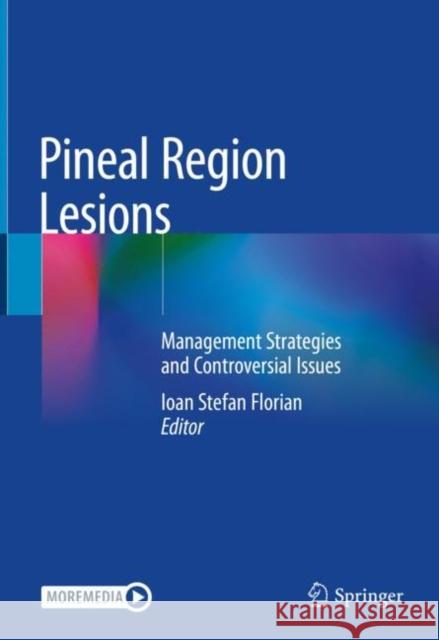Pineal Region Lesions: Management Strategies and Controversial Issues » książka
topmenu
Pineal Region Lesions: Management Strategies and Controversial Issues
ISBN-13: 9783030509125 / Angielski / Twarda / 2020 / 300 str.
Pineal Region Lesions: Management Strategies and Controversial Issues
ISBN-13: 9783030509125 / Angielski / Twarda / 2020 / 300 str.
cena 603,81
(netto: 575,06 VAT: 5%)
Najniższa cena z 30 dni: 578,30
(netto: 575,06 VAT: 5%)
Najniższa cena z 30 dni: 578,30
Termin realizacji zamówienia:
ok. 16-18 dni roboczych.
ok. 16-18 dni roboczych.
Darmowa dostawa!
Kategorie BISAC:
Wydawca:
Springer
Język:
Angielski
ISBN-13:
9783030509125
Rok wydania:
2020
Wydanie:
2020
Ilość stron:
300
Waga:
0.63 kg
Wymiary:
25.76 x 18.44 x 1.6
Oprawa:
Twarda
Wolumenów:
01











